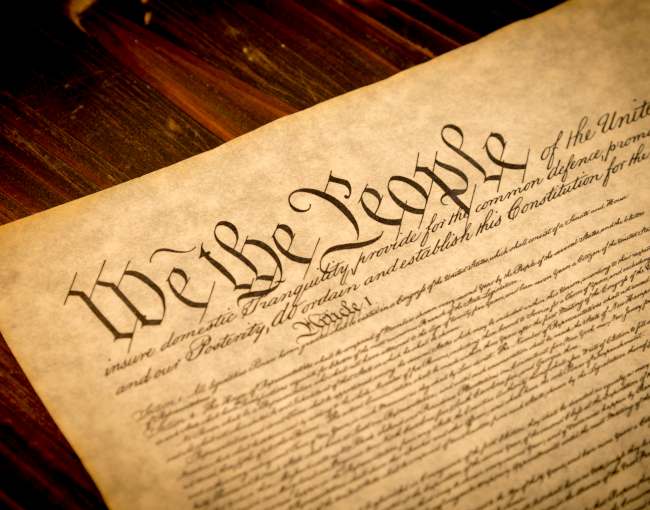An executive order directs the Executive Branch to act in a specific manner in accordance with federal law.
You're a Mean One, Mr. Grinch
The first executive order, issued by George Washington, prohibited American intervention in a war between the French and the English. The process of formally recording executive orders, often issued as presidential memoranda or proclamations, began in 1907 by the State Department. Presidents invoke their authority as "Executive-in-Chief" consistent with Article II of the Constitution, which states that the President "shall take care that the laws be faithfully executed." Similar to a formal action taken by a corporate executive, executive orders often are used by the President to provide operational management of the Executive Branch.
Let It Go
Presidents since Washington have issued executive orders to enact wide-ranging policy, typically consistent with existing legislation or the implied powers of the Constitution. For example, President Lincoln's Emancipation Proclamation and President Truman's desegregation of the Armed Forces were both accomplished by executive order. FDR issued over 3,700 executive orders in response to the Great Depression and World War II. An executive order can only be overturned by future presidents, an act of Congress (subject to veto), or a ruling by the Supreme Court.
Hazy Shade of Winter
Executive orders can become controversial if it appears that the President has acted outside of his Constitutional powers or existing law. For example, the Supreme Court ruled against President Truman's executive order seizing US steel mills during the Korean War because it did not "stem either from an act of Congress or from the Constitution itself." Recently, there has been controversy surrounding President Obama's issuance of an executive order limiting the deportation of undocumented immigrants. As a result, the cromnibus appropriations under consideration this week by Congress funds the entire government through the end of the 2015 federal fiscal year, except that the Department of Homeland Security would be subject a short-term continuing resolution to give the new Congress the opportunity to examine this issue early next year.





